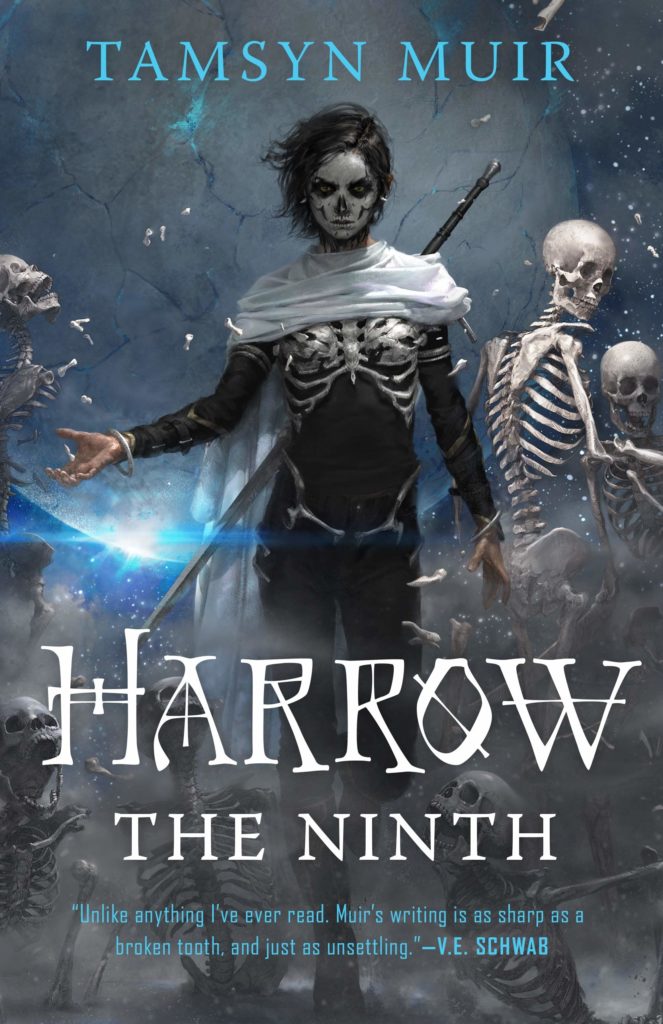Before I start this, I need to admit something. This is the first work by Stephen Graham Jones that I have ever read. I could immediately tell that I would be unable to fully appreciate the cultural nuances of the Native American (his characters even mock this term) experience. But with that out of the way, let’s dig in!
On surface plot level, The Only Good Indians resonates with the classic Stephen King style of horror. Four Blackfeet Native American friends (the author’s own tribe) once trespassed into land reserved for tribe elders. They found a herd of elk and shot them down. Except, a small female had more to fight for than the rest, and refused to die. Lewis, one of the four, had to shoot her repeatedly in the head before she would give up. And after her eventual gruesome death, he found out she had been with calf.
Ten years later, the massacre still haunts Lewis. And while his friends have forgotten all about it, it’s going to haunt them as well. As all four have broken with tribal traditions to one degree or another, and lost the meager support systems they had in the past, a dark entity driven by hatred and pain targets them one by one.
One needs very little understanding of the Native American experience to recognize how deeply suffused with it this book is. The Only Good Indians is a tale of sorrow and abandonment, more than it is about elk demons and vengeance. It deftly explores identity, and what’s left of it when you cut out tradition. Only to find that tradition was all that held the whole thing together. The characters are a fractured bunch, members of a fractured people. Even within the chamber ensemble of the story, being “Indian” is not all-encompassing. Jones deftly uses the Blackfeet’s ancestral mistrust of the neighboring tribe, the Crows, to sow paranoia, to brilliant effect.
Paranoia is actually one of the strongest tools of the book. While the prologue already tells us in no uncertain terms there is to be some spirit shit going down, the first half of the story is slow and ambiguous. Unsettling. We follow Lewis himself in those chapters, as he superstitiously jumps from one insane scenario to the next, trying to decipher the haunting that seems to be choking out his life outside the reservation. And then the story starts escalating, and refuses to stop until the gore-splattering end.
Jones is an amazing writer. I know I am late to the party, but damn! He paints an atmosphere with just a few words, and it is THICK, and disturbing, and visceral. The writing evokes powerful imagery, whether you want to see it, or not. On that note, if I had one — very personal — complaint about The Only Good Indians, it would be the graphic depictions of violence against dogs. Poor puppers…
In the end, I cannot speak to the mindset, worldview and emotional experiences of the characters in the book. But I can definitely attest to how strong their impact was on me. This book is a short read, simultaneously heavy and impossible to put down. The Only Good Indians is a miasmic mixture of tragedy, a sense of pointless waste, and a flickering of triumph, snatched from the jaws of desolation. And if the genre is not a deal breaker for you, it is easily among the most impressive works of the summer.




